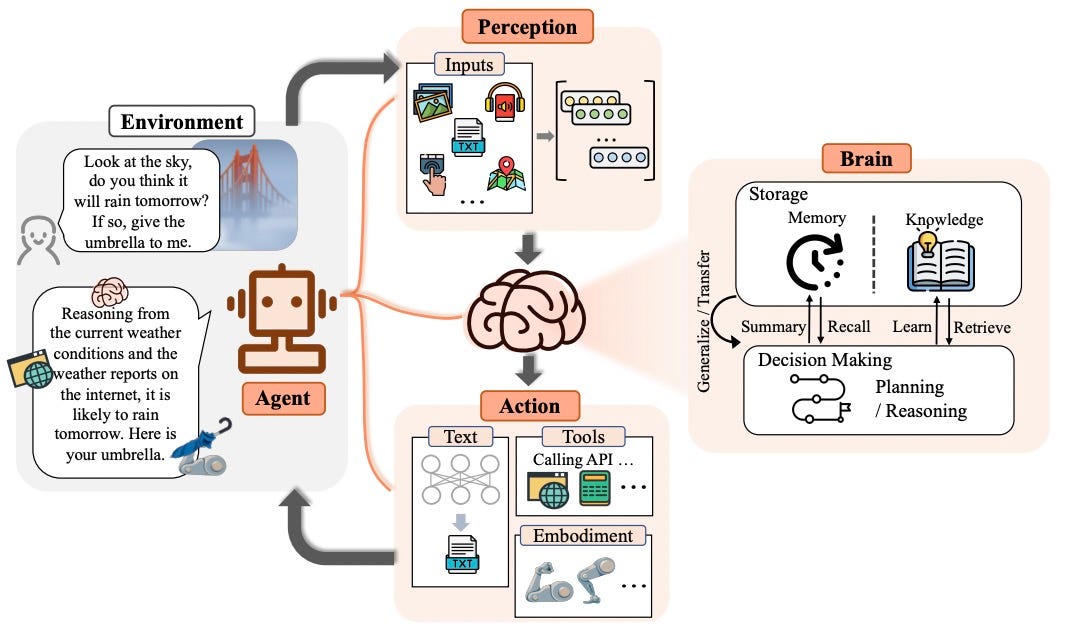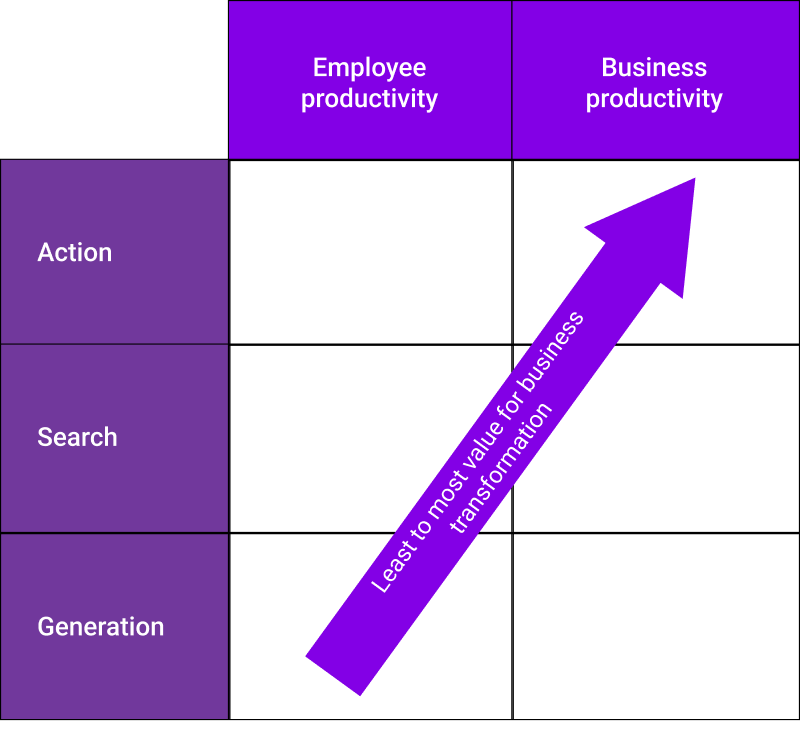Good Facts To Picking An AI Agent Site For Business
Good Facts To Picking An AI Agent Site For Business
Blog Article
Ai Agents Can Be Used To Streamline Financial Billing Procedures.
AI agents can help businesses automate their financial billing operations in a variety of ways.
1. Automated invoice generation
AI agents can create invoices through:
Data extraction from purchase orders, contracts or sales transactions.
Produce accurate and detailed invoices by using only minimal manual intervention.
2. Dynamic Pricing Adjustments
AI enables flexible billing models by:
Automating tiered, usage-based or subscription pricing models.
Dynamically applying discounts or promotions according to a an established rule.
3. Multi-currency Tax Compliance and Global Compliance
AI simplifies billing for international transactions
Automatically convert currencies using real-time rates.
Making tax calculations and ensuring the compliance with local laws.
4. Recurring Billing Automation
AI handles subscriptions by:
Automating the recurring billing process for weekly, month-to-month or even annual plans.
Sending reminders to customers or confirmations prior to the date of billing.
5. Real-Time Billing Validation
AI ensures accurate billing by:
Verify that the data is accurate by checking for mistakes such as duplicate entries, incorrect figures or missing charges.
Finding out if there are any irregularities and requesting an examination prior to sending invoices.
6. Payments are processed faster
AI improves the speed of payment processing by:
Payment gateway integration allows for immediate processing of transactions.
Confirmations and receipts for payments are sent electronically. are mailed to the client.
7. Prevention of Fraud, Risk Mitigation
AI can safeguard billing processes:
Monitor for anomalous patterns in billing data, such as overinflated amounts or unauthorized modifications.
High-risk transactions that are marked to be further investigated
8. It is not necessary to connect into ERP or CRM Systems
AI ensures a smooth flow of data through:
Connecting billing operations to ERP, CRM, accounting platforms.
Synchronizing data in real time to maintain consistency across systems.
9. Proactive Billing Issue Resolution
AI improves customer service by:
Automatically identifying and resolving typical billing problems, such as incorrect charges or missed payment.
Informing customers about any changes or disputes.
10. Advanced Reporting, Analytics and Data Analysis
AI gives insights to help improve decision-making through:
Generating detailed reporting on billing efficiency, revenue and outstanding amounts.
Offer predictive analytics for forecasting trends and maximizing cash flow.
By automating and developing billing processes using AI agents, companies can decrease manual labor, improve accuracy and improve satisfaction of customers while ensuring speedier and more efficient accounting operations. Check out the expert AI agent for Customer Management for more tips including AI agent for vendor data validation, AI agent for expense reporting, AI agent for competitor news aggregation, AI agent for loan management, AI agent for finance compliance, AI agent for payroll management, AI agent for vendor data validation, AI agent for payment status update, AI agent for ip rights management, AI agent for feedback request notifications and more.
10 Ways Companies Can Make Use Of Ai Agents To Detect Fraud And Manage Risk
AI can be used to detect fraud in financial operations and reduce risks. Here are 10 methods to do this.
1. Real-Time Transaction Monitor
AI agents can spot suspicious activity
Control of transactions in the financial sector in constant real-time.
Note transactions that are not typical of the norm For example, big transactions, transactions with rapid timing, or other unusual transactions.
2. Anomaly The detection
AI helps to identify unusual behaviours through:
Utilizing machine learning algorithms to analyze transactional data from the past and find outliers.
Recognizing patterns of fraud such as failed payments or sudden increases in expenditure or repeated failures to pay.
3. Predictive Risk Assessment
AI can predict future risk through:
Examining historical data to determine the likelihood of fraud or financial risk.
Accounts that are flagged and transactions that are in line with high risk profiles based upon previous incidents.
4. Biometrics employing behavioral data
AI agents can analyse user behavior by using:
Monitoring the user's interaction with financial platforms (e.g. the speed of typing and mouse movement).
You can detect identity theft by spotting odd or irregular behavior.
5. Automated Alerts in the event of Suspicious Behavior
AI sends immediate alerts via:
Informing risk managers or compliance officers of suspicious activity if detected.
Triggering automated workflows like account lockouts and fraud investigations.
Credit Risk and Scores
AI helps to determine the customer creditworthiness by:
Analyzing financial histories of customers and their behaviours to predict the chance that they'll fail or engage in fraud.
Offering dynamic credit scores that adjust based on real-time activity, allowing businesses to control risk when it comes to the area of lending or the terms of payment.
7. Natural Language Processing (NLP) for Document Fraud Detection
AI can recognize fraudulent documents using:
Scan invoices, contracts and other financial documents for inconsistencies, forged signatures, or altered data.
Make use of NLP algorithms to spot variations in the text and the context which may indicate fraud.
8. Customer and Vendor screening
AI assists in preventing fraud:
Conducting background checks on customers and vendors through AI-driven analysis of public documents, financial histories, as well as social media profiles.
The flagged entities that pose a high risk need to be reviewed more closely before signing contracts or making transactions.
9. Monitoring Compliance
AI ensures compliance with the law by:
Always checking the financial operation against current regulations and compliance standards.
Automating audits, reports and other forms of reporting to ensure compliance with laws and assist businesses in identifying and avoid financial misdeeds.
10. Machine Learning for Continuous Improvement in Fraud Detection
AI agents improve with time, based on:
Machine learning can be used to adapt and evolve new fraud strategies and tactics.
Training on new data is necessary for improving fraud detection models.
Through the use of AI to detect fraud and risk management, companies can safeguard their finances, abide with the law, and remain ahead of the competition. This improves the security of their operations, as well as efficiency and overall business performance. Check out the most popular AI agent for Contract Compliance for blog advice including AI agent for blog topic generation, AI agent for access log monitoring, AI agent for legal, AI agent for market research summarization, AI agent for chargeback handling, AI agent for insurance clAIms processing, AI agent for supplier relationship management, AI agent for customer experience management, AI agent for threat intelligence gathering, AI agent for invoice matching and more.
Ai Agents Can Reduce Costs In 10 Different Ways.
AI agents can be a fantastic method of reducing costs in the finance sector. Here are ten strategies that companies can use to do this.
1. Automating routine tasks
AI agents are able to perform repetitive tasks by:
Automating manual tasks, such as entering data and coordinating transactions, may make time for employees.
Reduce the requirement for human resources for routine tasks, leading to lower operating costs.
2. Increase accuracy and reduce the chance of mistakes
AI reduces costs associated with human error by:
Reduce the risk of errors such as incorrect calculations or errors in data entry that could result in to costly corrections, penalties, or other costs.
Making sure that financial reports are accurate Invoicing, reconciliations and financial reports. This will help reduce costs associated with rework, fines, or work rework.
3. Cash Flow Management: Enhancing the Cash Flow
AI enhances cash flow by:
The process of predicting and recommending the best payment and collections times to avoid late charges and missed discounts.
Analysing historical payment information to determine trends can improve your business's ability to plan and prepare for seasonal fluctuations.
4. Enhancing Expense Management
AI can assist in controlling and managing expenses by:
Automatically monitoring, categorizing and analysing expenditures, and identifying areas that could be improved or decreased.
Insisting on cost-saving measures, like negotiation of better terms with vendors or identifying expenses that are not performing.
5. Streamlining Financial Accounting
AI reduces the costs of reporting by
Automatically generate financial reports, making sure they're compliant with accounting standards. This means that there is no necessity of preparing the reports manually.
Report generation that is speedy gives decision makers to make decisions quickly, without wasting time in lengthy report creation.
6. Fraud Prevention and Detection
AI reduces the cost of fraud by:
By constantly monitoring transactions by monitoring transactions, you can lower the chance of being a victim of fraud.
Automating fraud detection can reduce the expense of manual investigations as well as the potential financial losses caused by fraud.
7. AI-Driven predictive analytics
AI can reduce costs by:
Utilize predictive analytics to spot inefficiencies (such as overstaffing and understaffing) and offer suggestions for improvements.
Forecasting trends and behavior for the future helping businesses make proactive decisions that reduce waste and optimize spending.
8. Optimizing Vendor and Supplier Payments
AI lowers the cost of vendors:
This information can be used to help you negotiate the best terms for payment for your business, or to get a discount if you pay in advance.
Automatically identifying and resolving discrepancies in vendor invoices, reducing the cost of manual reconciliation and payments delays.
9. Automating Compliance & the Regulatory tasks
AI reduces costs of compliance through:
Automating the generation of regulatory reports and auditing, to ensure that compliance is completed in a timely fashion with minimal manual intervention.
Through automatizing the compliance process we can cut down on penalties and fines that result from inaccurate or late reports.
10. Improving Resource Allocation and Decision Making
AI helps in distributing resources more efficiently through:
Data-driven insight to help optimize financial operations, including budgeting and investing decisions.
Identifying those areas that are the most lucrative for investment and cutting back on unnecessary or unprofitable spending.
AI agents can be a fantastic way to cut costs, increase efficiency and decrease the risk of making mistakes. This can lead to a better financial health and long-term savings. Read the expert AI agent for Supplier Engagement for website guide including AI agent for content creation, AI agent for compliance assurance, AI agent for trAIning and development, AI agent for policy change notifications, AI agent for tax reporting, AI agent for it security, AI agent for interviewing, AI agent for customer experience management, AI agent for contact information verification, AI agent for nps collection and more.
